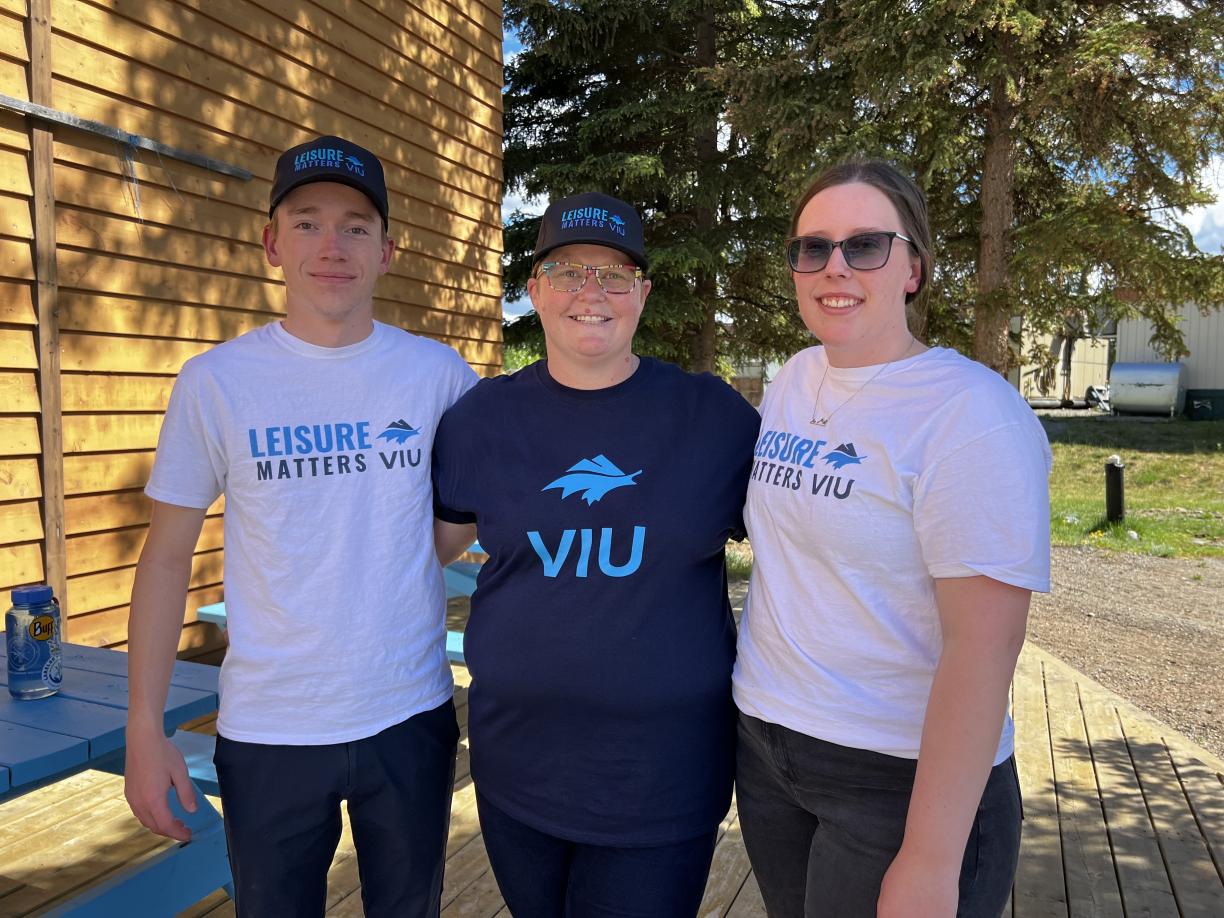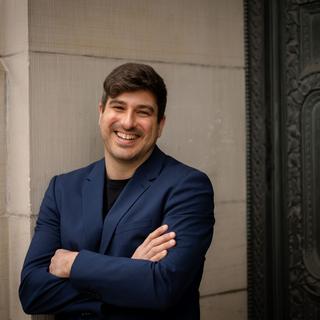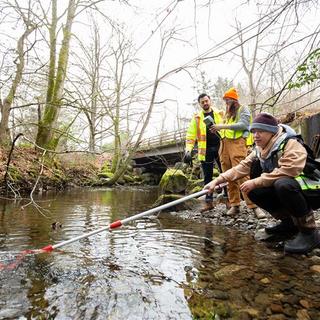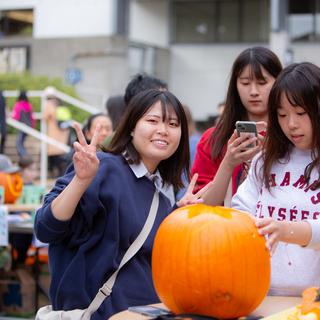VIU Recreation and Tourism Management Professor Dr. Aggie Weighill (centre) is conducting on how COVID-19 impacted people in rural and remote communities, and the role that recreation can play in pandemic recovery. She's pictured with Tourism Management students Spencer Godlonton and Amber Underwood, who have been assisting her with data collection.
A research project aims to develop a more resilient, post-pandemic model of recreation delivery in the territory.
How COVID-19 impacted people in rural and remote communities, and the role that recreation can play in pandemic recovery, are the focus of research being conducted by Vancouver Island University (VIU) Recreation and Tourism Management Professor Dr. Aggie Weighill and the Leisure Matters VIU research team.
The project, a partnership between the World Leisure Centre of Excellence (WLCE) at VIU and the Recreation and Parks Association of the Yukon (RPAY), was funded by the Yukon Government’s COVID Recovery Research Program. The need for the research was identified from another joint project, the 2021 Yukon Health Living Study.
Weighill recently returned from collecting data in the Yukon, where she was assisted by Bachelor of Tourism Management students Spencer Godlonton and Amber Underwood. The team was joined by Roger Bower of RPAY, who assisted with community engagement and shared information about the numerous training and funding opportunities RPAY offers.
“The research will have a direct and immediate impact on rural and remote recreation in the Yukon,” says Bower. "We will be able to take the information that Dr. Weighill and her team collect and use it to share our best practices in supporting folks providing recreation to their communities.”
The team visited Pelly Crossing, a Selkirk First Nation community of less than 400 residents, with several recreation facilities including a new pool scheduled to open in August. They also travelled the Alaska Highway to Beaver Creek, a community of around 100 residents with several recreation facilities, although most require significant repairs.
The team shared preliminary results with the communities and Yukon Government’s Sport and Recreation Branch. Branch staff are currently assisting local recreation coordinators to develop community-specific recreation plans using a process described in the Yukon Community Recreation Planning Toolkit
“The results of the study showed us that Yukoners like to be outside,” says Weighill. “Preliminary results also show that on-the-land activities are likely more important for recovery than traditional sports and recreation activities. We need to expand our views on recreation and physical activity if we want locals to benefit.”
Weighill and WLCE Research Assistant Vanessa Moraes will return to the Yukon in August to collect data in the communities of Tagish and Dawson City.
Funding for this project includes $71,500 from the Government of the Yukon with an additional $8,950 of direct and in-kind expenses being contributed by RPAY. WLCE is contracted by RPAY in the amount of $63,548. Summary results will be presented at RPAY’s 2022 Recreation Gathering in October, and a final report is due to the Government of the Yukon in early 2023.
-30-
MEDIA CONTACT:
Eric Zimmer, Communications Officer, Vancouver Island University
P: 250.618.7296 | E: Eric.Zimmer@viu.ca





